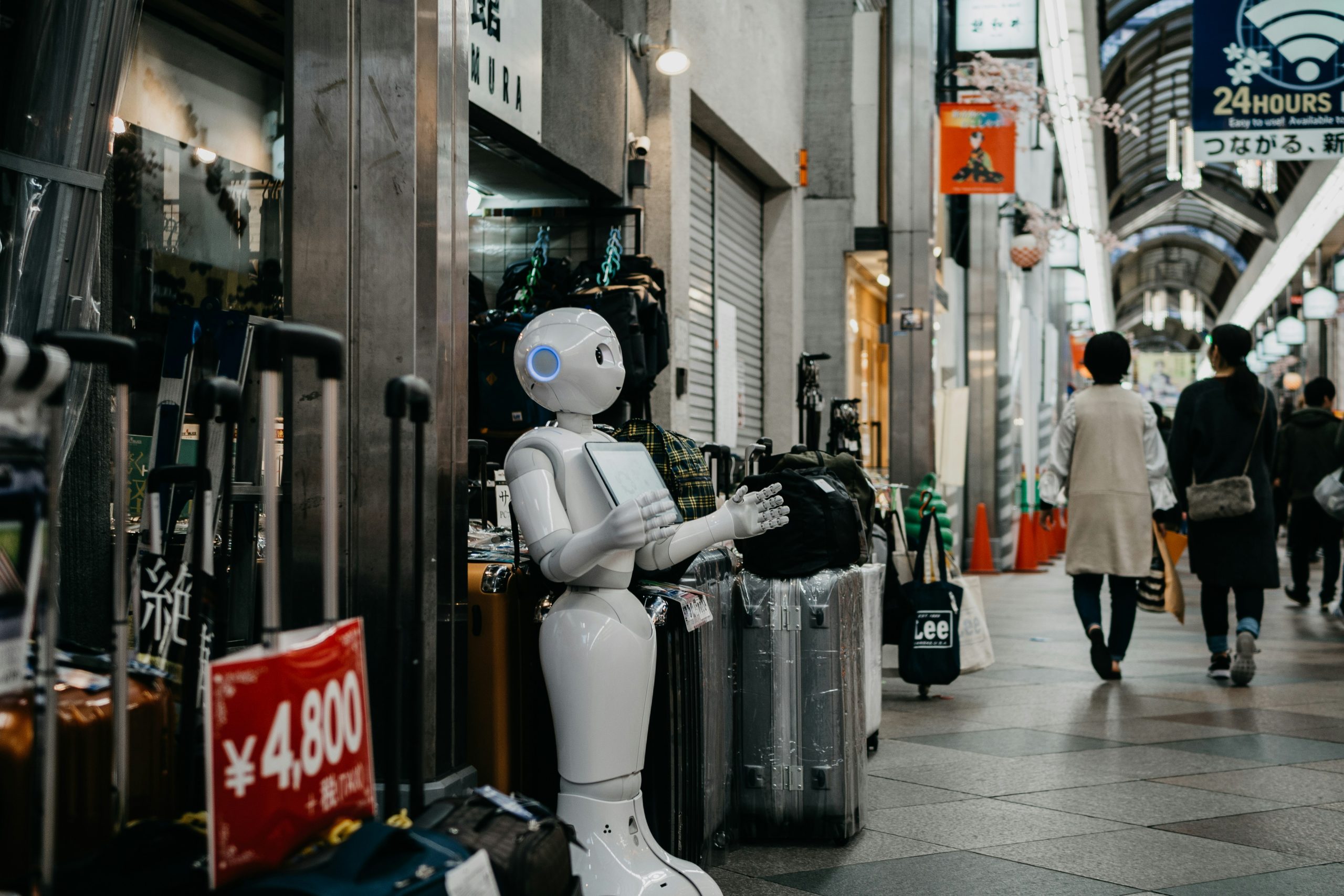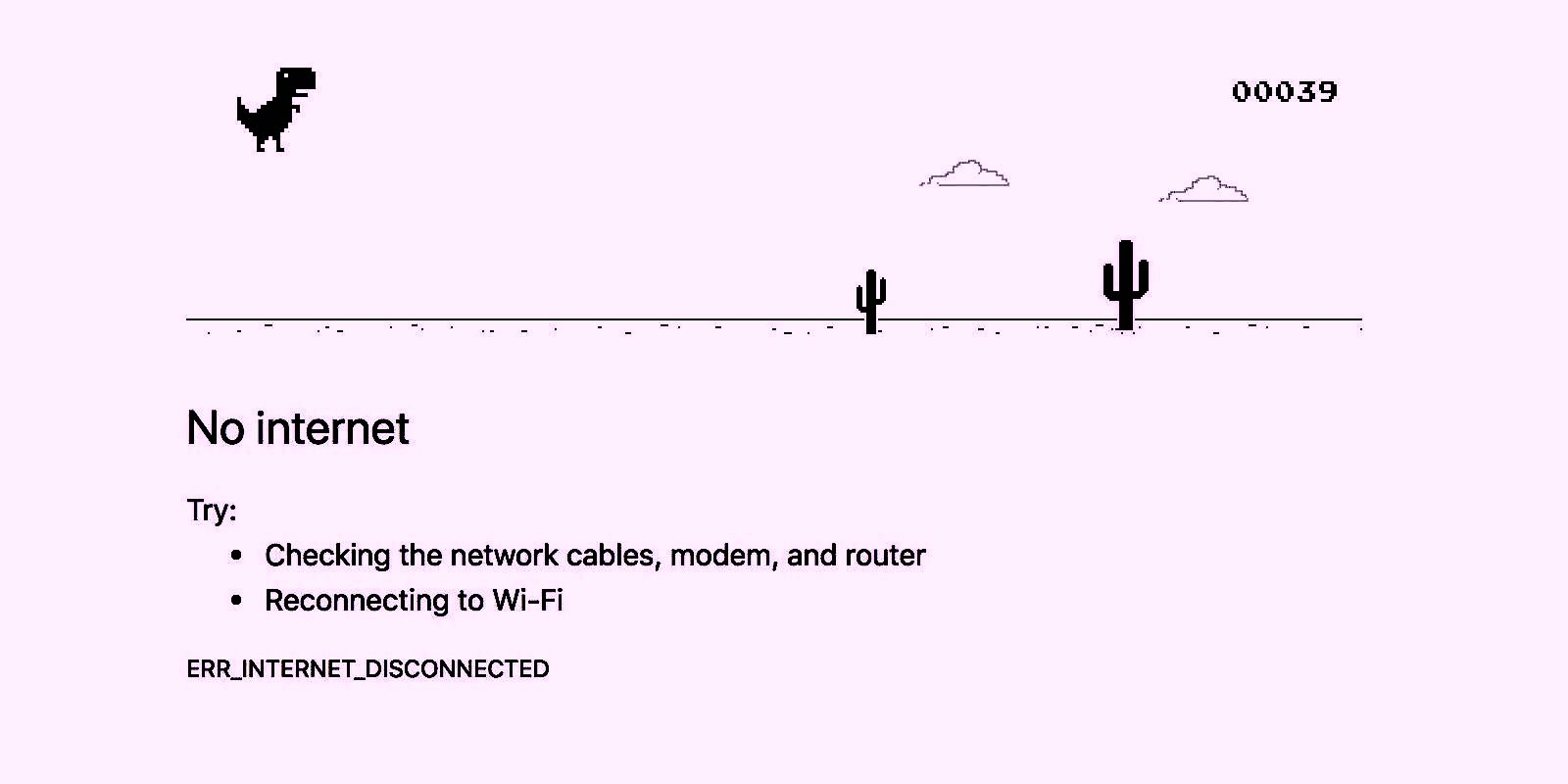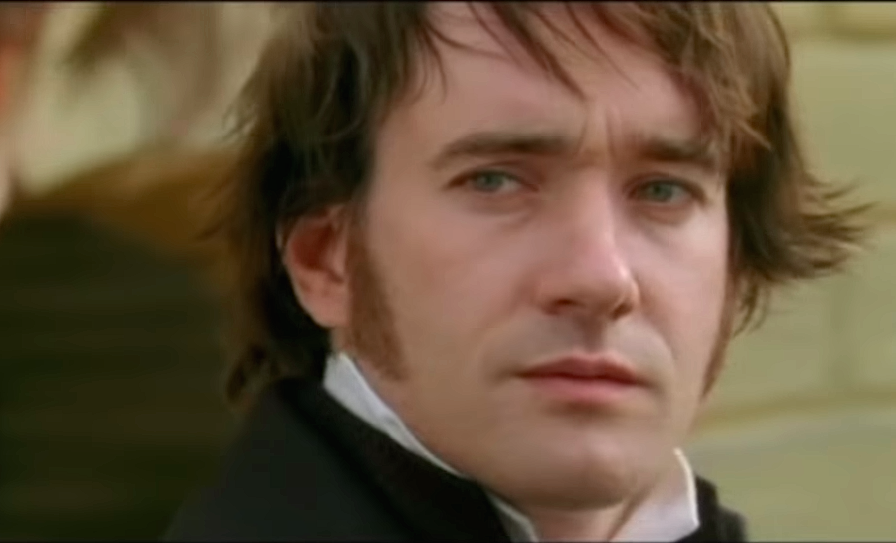Books & Culture
What Kurt Vonnegut Can Teach Us About Coping with the Internet
Now that our past can never die, we have to live more like four-dimensional aliens

Tralfalmadorians do it in four dimensions. The aliens of the Kurt Vonnegut universe, most notably appearing in Slaughterhouse-Five, find it quaint that humans can only see what’s happening to them right now. Tralfalmadorians, instead, “can see where each star has been and where it is going, so that the heavens are filled with rarefied, luminous spaghetti.” Humans are doomed to merely imagine the future, and to remember the past with increasing dimness and imprecision. For Tralfalmadorians, everything and everyone is doing everything they always will all at once.
But knowledge is useless without the ability to act. When Billy Pilgrim asks why they don’t prevent the end of the world, caused by a test pilot pressing a button, they say they simply cannot. “He has always pressed it, and he always will. We always let him and we always will let him. The moment is structured that way.”

On Earth, I am always quoting an article about health care in America.
I am always calling someone “retarded” as a term of endearment.
I am always telling people that I am safe and nowhere near Mumbai.
I am always defending the concept of “Steak and Blowjob” day.
I am always hugging a friend I see every day and never see anymore, bragging about stealing rum from a frat house, performatively announcing that I will be using Twitter to amplify other voices, telling someone I’ve cut out of my life that I love them.
Social media has not gotten us to the point where we can experience something like the future. But our pasts are always happening in real time, turning us into half-Tralfalmadorians. Anyone scrolling through my Facebook feed, which has existed since 2004, or who Googles enough to unearth my awful old blog, can see everything I’ve posted — every misguided opinion, every drunk photo and inside joke — with the clarity and presence of the moment I posted it. I am 17 and 24 and 31, forever.
Social media has not gotten us to the point where we can experience something like the future. But our pasts are always happening in real time.
For Tralfalmadorians, the solution was to approach this information with a shrug: “So it goes.” If everyone is always doing everything they always have, then there is no point in frustration. No one can change, because there is no such thing as change. And if everyone’s pasts are always there to see, then it’s not like anyone can lie. For humans it’s not so simple. We are expected to grow and change, but we also remain bound to our online pasts. (We can edit our public records, sometimes — I can’t delete my old blog no matter how many times I email Blogger — but other people can keep receipts.) Growth is hard when anyone we meet can see all the horrible things we’ve ever said. It’s especially hard when those horrible things might ambush us at any moment, attached to the message “We care about the memories you share.”

Our perceptions of each other are already warped by memory. Our parents cannot stop seeing us as children who need their help, even if we’ve grown. My ex-boyfriend will never stop being the guy who called me a slut for having had sex once before I met him, even if (I hope) he treats his wife better than that. I’m sure a friend has a postcard I sent her somewhere where I make jokes I’d never make now.
Still, it was easier to move from one moment to the next when time appeared linear, and the past could become past. The sting of most actions fade with time, especially when coupled with different, newer ones. But the internet amplifies our memories, and makes them something more than memories — something closer to the Tralfamadorian experience of all the past existing all the time. Instead of a distant recollection, we have proof — our radiant young faces smiling back at us, reminding us exactly where we are, where we were, what we did. Anyone can visit any version of ourselves whenever they want, a permanent slideshow of how we haven’t always been the person we’ve tried to become.
Kurt Vonnegut Walks Into a Bar
Editing only makes it worse. Prospective employers get creeped out if there’s nothing about you online, and for a prospective date, this might make you seem like a serial killer. What’s more, learning about someone’s online past can be a form of affection. “Failure to look someone up online seemed almost rude, a sign of disinterest,” wrote Maureen O’Connor for The Cut, after a date said he wasn’t going to Google her until he got to know her in person. If there are things about each other for us to know, why wouldn’t we want to know them?
It would be easier to reckon with our pasts if everyone else did too. But all our posts and pictures don’t come with addendums, letting anyone looking know what our current selves regret. While Tralfalmadorians see the actions and movements between each version of ourselves, we get only a scatter graph. I am not the spaghetti of choices I’ve made between 2009 and 2018. I am only both then and now, no matter how conflicting they are. It doesn’t matter if I would never again say what I said. I said it. I’m always saying it.
It doesn’t matter if I would never again say what I said. I said it. I’m always saying it.

The problem is we’re too Tralfalmadorian and not Tralfalmadorian enough. We do not have a grasp of the future enough to throw up our green hand with an eye in its palm and say “So it goes,” nor can we be blissfully unaware of anything happening outside our own present. And even when looking into the past, we see our shifts and changes in ungraceful chunks instead of the luminous spaghetti of the stars.
When Billy Pilgrim asks how Tralfalmadorians handle seeing every bad thing anyone has ever done, every war, every selfish decision, all the time, they say they just try to focus on the good things: cherry pick what they want to see and ignore what they don’t, since it’s all happening anyway. It feels irresponsible to do that as a human — akin to the “but he’s always been nice to me” method of excusing an abuser. We’re not fantastical aliens out of books. We need to find a way to reckon with everything about who we are.

But if we’re going to learn something about memory and time and history from these fantastical aliens out of books, maybe we can learn it from the way Tralfamadorians read. “There isn’t any particular relationship between all the messages” in a book, one of them tells Billy, “except that the author has chosen them carefully, so that, when seen all at once, they produce an image of life that is beautiful and surprising and deep. There is no beginning, no middle, no end, no suspense, no moral, no causes, no effects. What we love in our books are the depths of many marvelous moments seen all at one time.” When Tralfamadorians read, they don’t see the plot or even the characters. What they see is the curation, the human touch. It’s the very humanity of this craft, the way a story reflects its author and her choices, that makes a book beautiful.
If Tralfalmadorians can ignore the long noodle of time to focus on a collection of marvelous moments, then maybe we can do the opposite. We can remember that between one post a decade ago and now, there were endless versions of ourselves and others, changing and choosing. And that we will continue to do so in ways we can’t see until we look back. We can look at the Facebook scatter graph and calculate our full trajectory, so that those different points become one experience. I am always who I’ve always been, different and the same every second. Luminous spaghetti streaking across your timeline.










